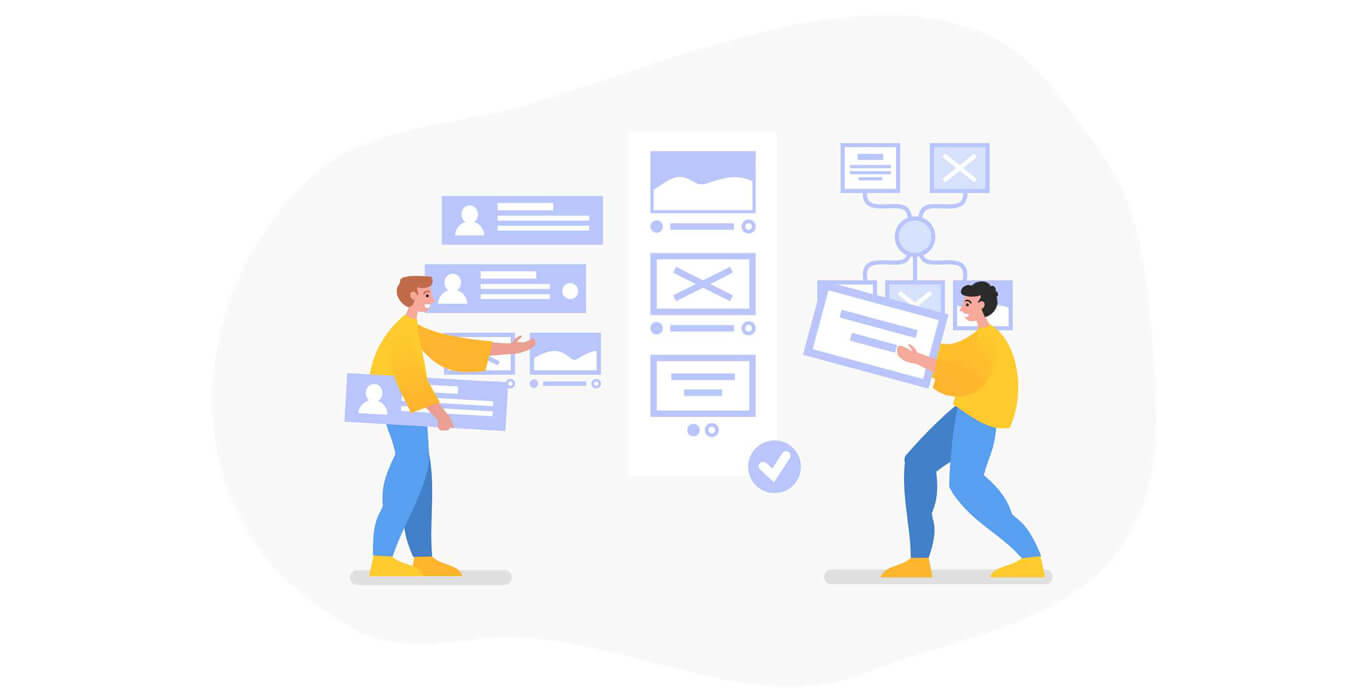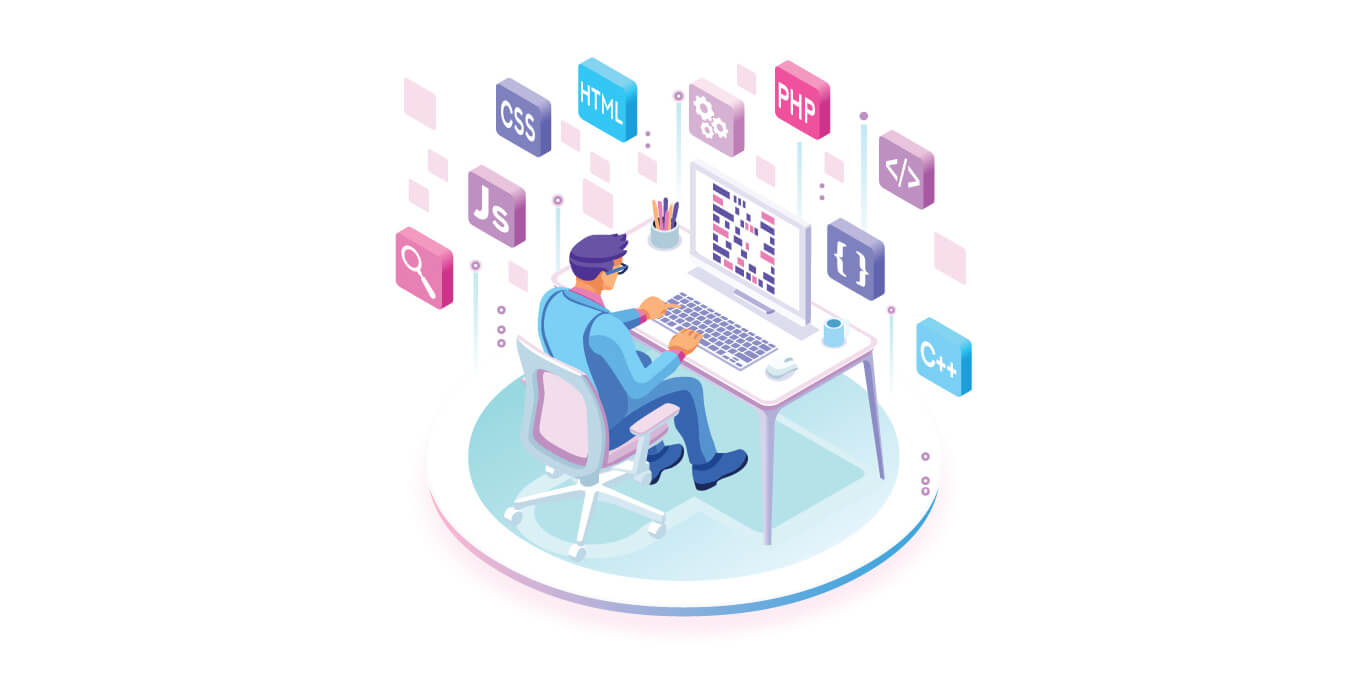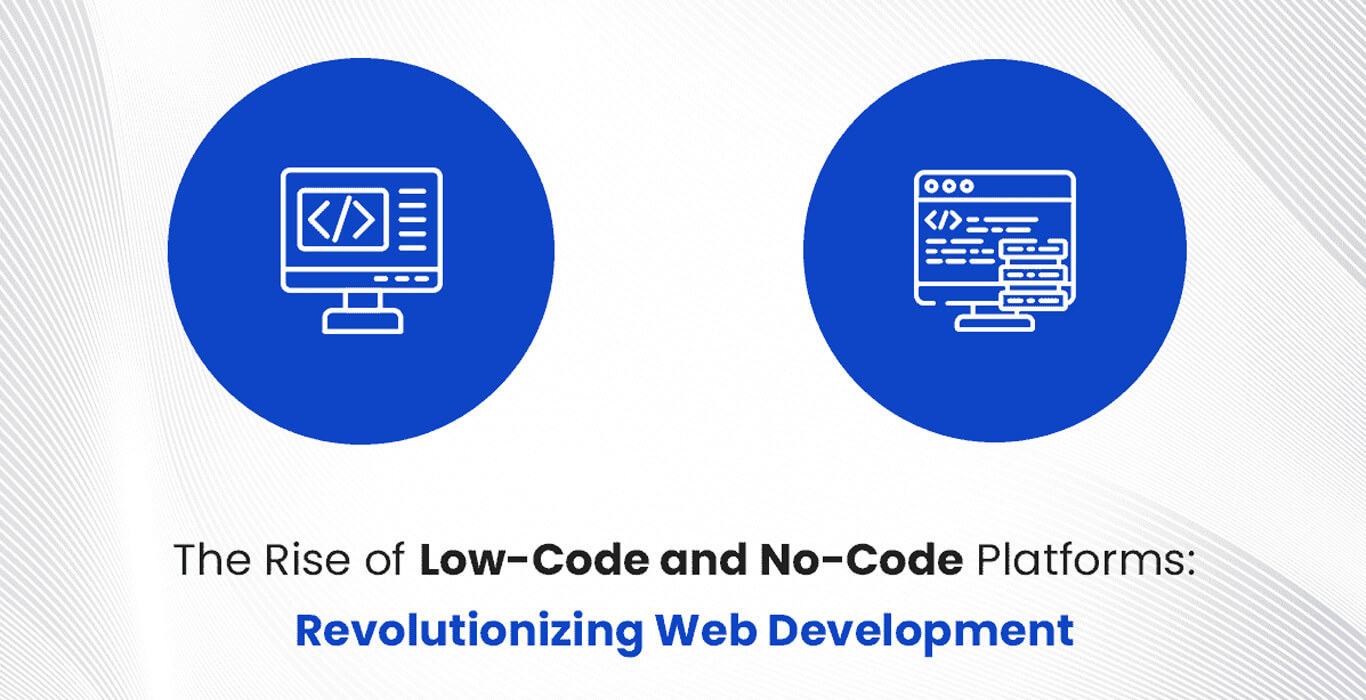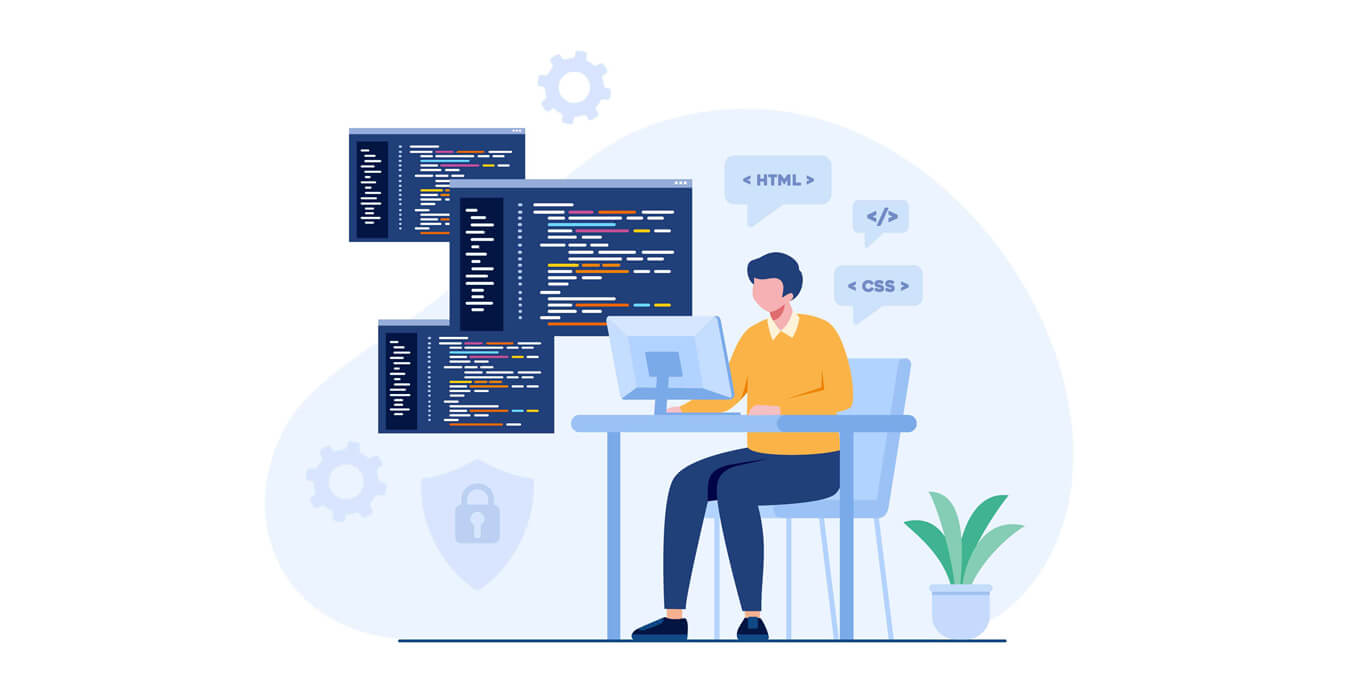Welcome to the bustling world of online shopping, where ecommerce website development companies in India are transforming how we purchase our favorite finds with just a few clicks. Think of them as the digital marketplaces that never close shop, offering a haven for shoppers seeking convenience and variety. Now, let’s dive into the nitty-gritty of what makes these online emporiums tick, and at the heart of it all – the unsung hero of virtual storefronts – the product page. Picture it as the well-organized shelf of your favorite brick-and-mortar store, but digitized and with a personality of its own. In this blog, we will unravel the magic behind ecommerce website development and explore why product pages are the unsung champions of the online retail game.
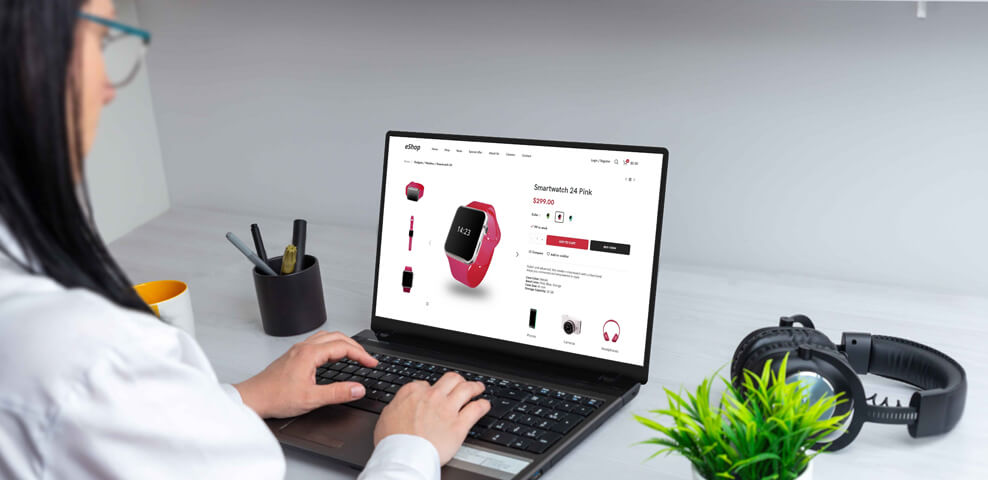
What is the Relevance of a Product Page?
Now let’s talk about why product pages are the most valuable players of any e-commerce website. Picture this: you’re strolling down the aisles of your favorite brick-and-mortar store, picking up products, checking labels, and feeling the textures. Now, transpose that experience on the internet, and voila – you’re on a product page. These virtual shop windows play a critical role in the online shopping sector, and here’s why they’re so important:
1. Detailed Product Information: Ever clicked on a product thinking it was a shirt and ended up with a poncho? Product pages are the remedy for such mishaps. They spill the beans on everything – features, benefits, dimensions, and specs. It’s like having a knowledgeable friend by your side, guiding you through the purchase.
2. Trust Building: Imagine walking into a store, and the salesperson is nowhere to be found. Not cool, right? Well, a well-crafted product page is like a friendly salesperson, preempting your questions and concerns. It’s the FAQ section, the customer reviews, and the warranty details – all working together to build trust and confidence in your purchase.
3. Conversion Boosters: The endgame is getting that virtual shopping cart filled, right? Product pages are the secret sauce. They educate customers, build trust, and flaunt product features like a charm, increasing the odds of sealing the deal. A simple layout, a clear call-to-action, and some engaging copy – that’s the recipe for conversion success.
4. Personalized Experience: Product pages aren’t one-size-fits-all. They’re chameleons, adapting to the user’s journey. Whether you’re searching for a self-stirring coffee mug or a glow-in-the-dark garden gnome, a well-designed product page tailors the experience to what you’re looking for, making your journey effortless and enjoyable.
5. Visual Feast: Let’s face it – we’re all a little superficial when it comes to shopping. High-resolution visuals on product pages are the eye candy we crave. From solo images against a neutral background to lifestyle shots that make you envision owning that product – visuals matter. They’re the virtual touch-and-feel of the online shopping world.
6. SEO Magic: You know how you google “best noise-cancelling headphones” and magically land on the perfect pair? Yep, that’s the SEO mojo of product pages at work. They’re optimized with keywords, structured headings, and schema mark-up, making sure your potential customers find you when they’re in shopping mode.
In a nutshell, product pages aren’t just digital real estate; they’re the storytellers, the problem-solvers, and the deal-makers in the grand opera of online retail.
How is Product Description related to Conversions?
Imagine this: A customer is eyeing a dress on your website, but your competitor offers a similar garment with a well-crafted, informative description. Where do you think the customer is headed?
Yes, right into your competitor’s arms. Product descriptions matter, and here’s why: 87% of online shoppers use them to make purchase decisions, and 50% have returned products that didn’t match the description. These small snippets of text on your product pages are more than just informative blurbs – they are potent conversion catalysts.
1. Drawing Customer Attention: While flashy images catch the eye, customers crave more. They want to know the ins and outs, the why’s and how’s. Engaging product descriptions become the bridge between curiosity and commitment, holding customers’ attention and steering them away from that dreaded bounce.
2. SEO Benefits: Forget about copy-pasting manufacturer descriptions; that’s a one-way ticket to SEO oblivion. Unique, compelling product descriptions, sprinkled with SEO magic, can boost your visibility and bring in the coveted web traffic. It’s not just about the product; it’s about being the first thing customers see when they hit that search button.
3. Brand Building: Crafting a unique voice for your brand through product descriptions is like giving your business a personality. Highlighting the benefits, fitting the product into customers’ lives, and maintaining a consistent tone builds brand loyalty, fuels sales, and sets you apart from the competition.
Good Product Description Features:
- Relevant, helpful, and informative.
- Adds value by explaining why the customer needs the product.
- Balances detail without drowning in verbosity.
- Considers the customer’s perspective, answering potential questions.
- Maintains a consistent tonality, style, and voice.
- Readable, avoiding excessive jargon and utilizing scannable design.
- Uses sensory words to create an immersive experience.
- Incorporates the right keywords, titles, and tags for SEO.
4. Using AI for Automated Product Descriptions: Artificial Intelligence, the wizard behind the curtain, is revolutionizing the way we generate product descriptions. AI-powered algorithms, fueled by Natural Language Processing, can churn out thousands of user-friendly, SEO-optimized descriptions in seconds.
The benefits are manifold:
- Scalable Content Creation: Thousands of descriptions, minutes to create. No more hours of manual drudgery.
- Fresh, Updated Content: Keep up with trends, preferences, and keywords without breaking a sweat.
- Better Targeting: Address different buyer personas effortlessly by creating customized variations.
- Maintain Brand Voice: Configure AI solutions to reflect your brand’s unique tone and style.
- SEO Optimization: Let AI handle the nitty-gritty of SEO, improving your rankings and visibility.
- Lower Risk of Errors: Automation enhances accuracy, reducing the chances of description mishaps.
- Overall Higher Conversions: Craft content tailored for the best customer experiences, driving conversions sky-high.
5. How Streamoid Helps: Streamoid’s Catalogix, an AI-powered solution, takes the reins in generating compelling product descriptions through its Autoscribe feature. Leveraging your data, it produces SEO-optimized, unique, and engaging product content tailored to the fashion industry. With scalability, accuracy, and minimal manual effort, it’s a game-changer in the world of automated product descriptions.
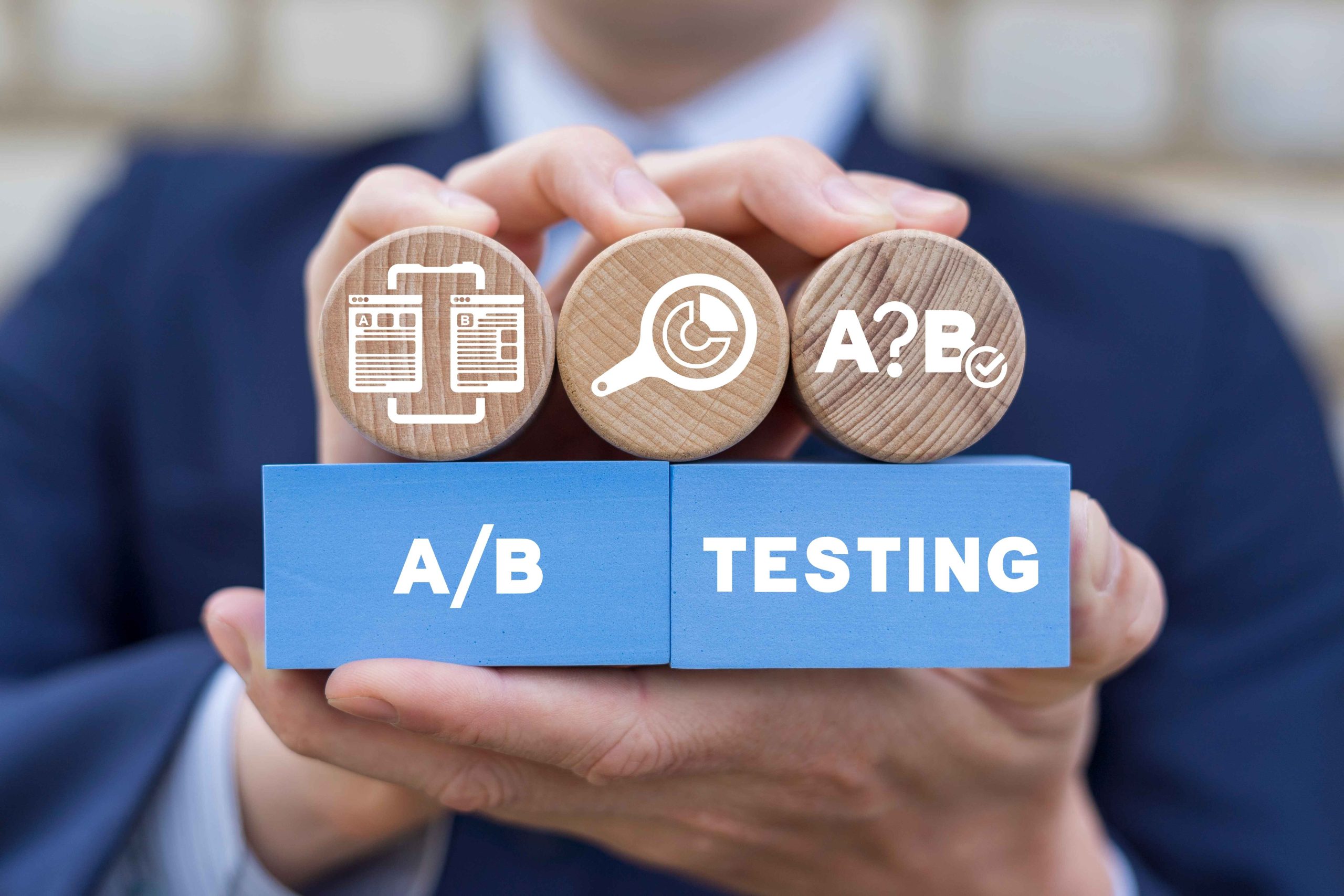
Is A/B testing important for e-commerce conversion optimization?
A/B testing is a cornerstone for optimizing e-commerce product pages, playing a pivotal role in refining elements to enhance user experience and boost conversion rates. By experimenting with variations in design, CTAs, and overall user journeys, businesses can identify winning solutions that resonate with their audience. This iterative process not only reduces bounce rates by addressing user pain points but also incrementally improves conversion rates. A/B testing enables data-backed decision-making, ensuring that changes made to product pages are rooted in real user interactions. This continuous optimization approach keeps e-commerce sites aligned with evolving customer preferences and dynamic market trends.
- Iterative Refinement: A/B testing allows businesses to iteratively refine product page elements, improving design and functionality over time.
- Reduced Bounce Rates: By addressing user pain points, A/B testing contributes to reducing bounce rates on product pages.
- Increased Conversions: Incremental improvements through A/B testing lead to higher conversion rates on e-commerce product pages.
- Data-Driven Decisions: A/B testing ensures that changes are based on concrete data, minimizing the risk of misguided decisions.
- Continuous Optimization: E-commerce sites can adapt to changing trends by continuously optimizing product pages through A/B testing.
Best Practices for E-Commerce Product Pages:
1. High-Quality Images and Multimedia:
- Feature clear, high-resolution images from various angles.
- Implement zoom and video functionalities for a closer look.
2. Compelling Product Descriptions:
- Craft detailed, engaging, and customer-centric product descriptions.
- Highlight key features, benefits, and unique selling points.
3. Visible CTAs:
- Ensure prominent and strategically placed “Add to Cart” buttons.
- Use persuasive language on CTAs to encourage immediate action.
4. User-Friendly Navigation:
- Implement an intuitive and easy-to-navigate layout.
- Include filters and sorting options for seamless browsing.
5. Transparent Pricing and Offers:
- Display product prices and any applicable discounts.
- Highlight limited-time offers or promotions prominently.
6. Customer Reviews and Ratings:
- Showcase genuine customer reviews to build trust.
- Provide a rating system for quick reference on product quality.
7. Mobile Optimization:
- Optimize product pages for mobile devices with responsive design.
- Streamline the checkout process for mobile users.
8. Personalization and Recommendations:
- Utilize AI-driven product recommendations based on user behaviour.
- Implement personalized suggestions for cross-selling and upselling.
9. Trust Badges and Security Assurance:
- Display trust badges, security seals, and payment icons.
- Assure customers of secure transactions and data protection.
10. Clear Return and Refund Policies:
- Communicate transparent return and refund policies.
- Provide easily accessible customer support contact information.
11. Limited Distractions:
- Minimize distractions on the product page to keep the focus on the item.
- Avoid excessive pop-ups or unrelated content.
12. Fast Loading Speed:
- Optimize product page elements for quick loading times.
- Compress images and utilize browser caching for efficiency.
Conclusion:
Implementing these best practices can significantly enhance the effectiveness of e-commerce product pages, fostering a positive user experience and ultimately driving higher conversion rates. Functioning as virtual storefronts, these pages transcend mere displays, intricately weaving together detailed product information, trust-building elements, and conversion-optimization strategies. They stand as the unsung heroes in the grand opera of online retail, proficiently engaging, informing, and enticing users to seamlessly mirror the tangible experiences of traditional brick-and-mortar shopping.
As we unravel the intricacies of e-commerce websites and dive into the importance of product pages, it becomes evident that optimizing these digital storefronts is a strategic imperative for success. From meticulously crafting compelling product descriptions to harnessing the efficacy of A/B testing and integrating AI for automated content generation, businesses can revolutionize their approach. The outlined best practices, encompassing high-quality visuals, transparent pricing, and personalized experiences, serve as the compass for creating product pages that not only captivate visitors but also drive conversions. At IKF, we bring a wealth of digital marketing expertise to the table, offering bespoke solutions for crafting exceptional e-commerce website development company in India that embody these best practices. Elevate your e-commerce endeavours with IKF – where innovation seamlessly converges with conversion excellence! Contact us now.

Ashish Dalia is the CEO & Chief Digital Marketing Strategist at I Knowledge Factory Pvt. Ltd.

Ashish Dalia is the CEO & Chief Digital Marketing Strategist at I Knowledge Factory Pvt. Ltd.





